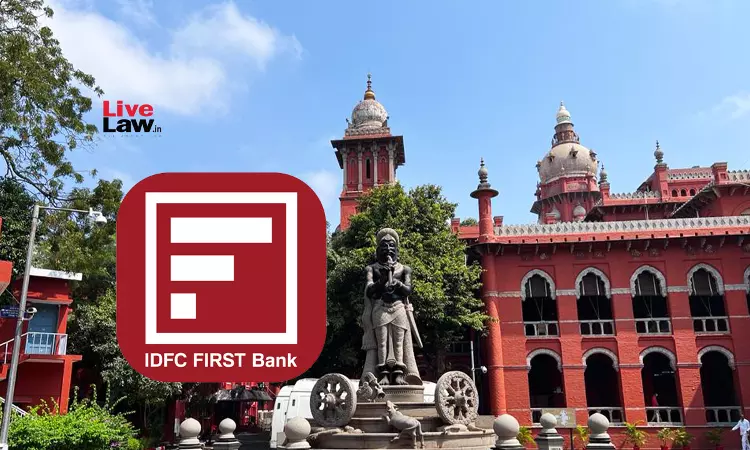The Madras High Court has quashed the reassessment proceedings against the IDFC as the department failed to produce any new or tangible information to justify the reopening of the assessment.The bench of Justice Anita Sumanth has observed that the information already on file that was examined in the first instance cannot satisfy the legislative requirement under Section 148 Explanation 1,...

